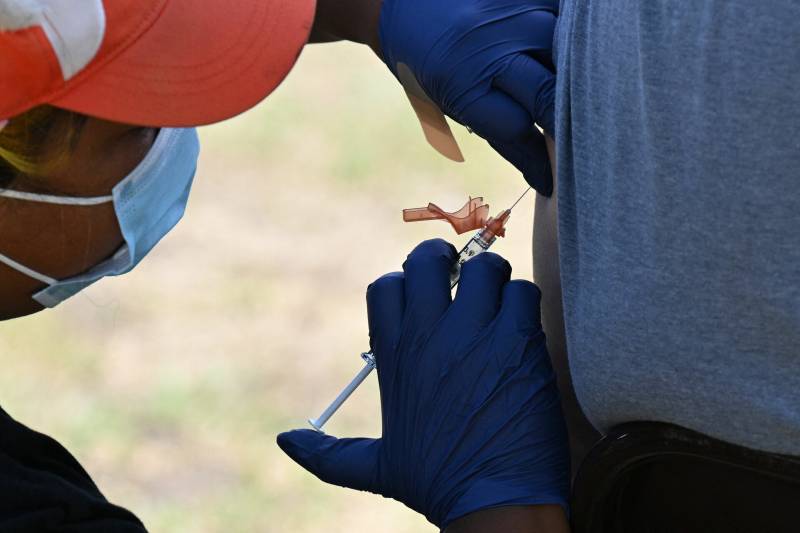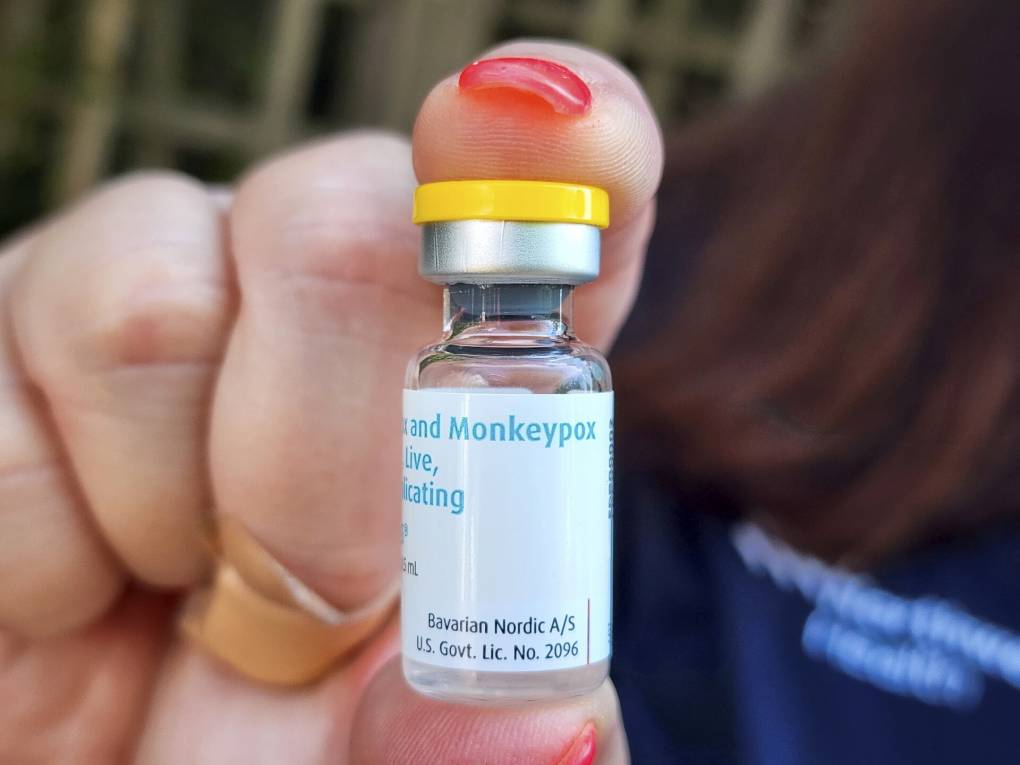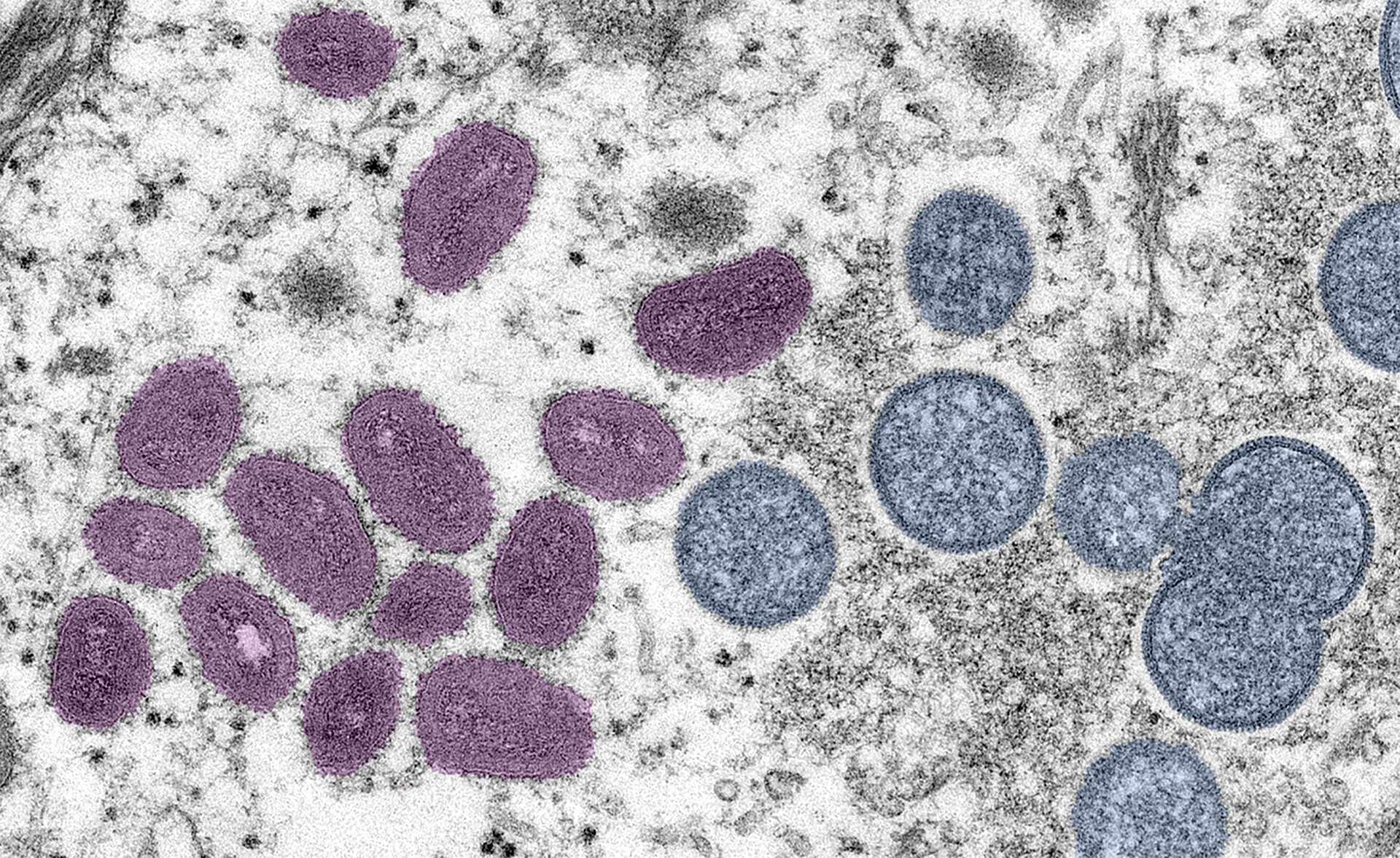As monkeypox spreads rapidly, everyone agrees that the meager supply of vaccine needs to be improved.
But how exactly to stretch the limited supply? That’s where California and its progressive cities have diverged from federal regulators.
California’s top health officials advised local agencies in a July 27 memo to prioritize a single dose of the two-dose monkeypox vaccine for people who are most at risk. For weeks, San Francisco has used this strategy to spread its limited supply of monkeypox vaccine to people in the city who are at high risk of contracting the disease.
Officials with the Centers for Disease Control and Prevention and the Food and Drug Administration have warned health providers against deviating from the approved schedule. The vaccine is supposed to be given in two doses, with the second one administered 28 days after the first.
“We do not recommend to go off of the recommended schedule here,” said Peter Marks, director of the FDA’s Center for Biologics Evaluation and Research, at a press conference organized by the Department of Health and Human Services. For people most at risk, he added, “A single dose of this vaccine will not provide the kind of protection over time that is necessary.”


